U.S. News
Trump’s Tariffs Could Raise Car Prices Across 15 Major Brands
By Jake Beardslee · June 29, 2025
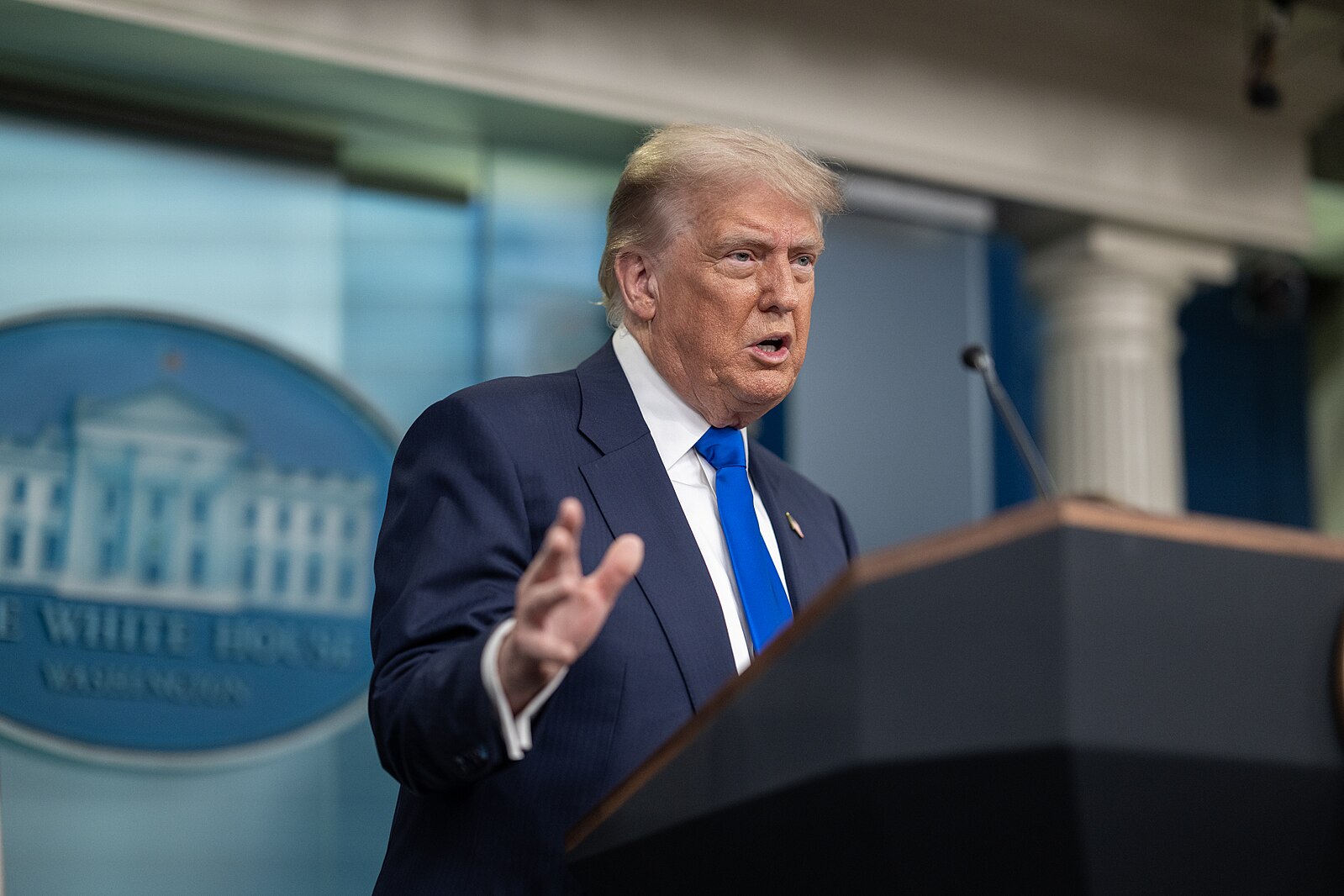
Trump’s Tariffs Could Raise Car Prices Across 15 Major Brands
As new auto tariffs championed by President Donald Trump take effect, American car buyers may be in for a costly surprise at the dealership. A recent analysis by consultancy firm AlixPartners, reported by Bloomberg, predicts that vehicle prices in the U.S. will rise by nearly $2,000 per car. Roughly 80% of that tariff burden—about $1,760—is expected to be passed directly to consumers."These tariffs bring a big wall of cost,” said Mark Wakefield, global auto market lead at AlixPartners. “We see consumers taking the majority of the hit.”
The projected $30 billion in tariffs could reduce auto sales by one million units over the next three years. However, analysts anticipate eventual stabilization, with annual sales expected to rebound to 17 million units by 2030. In the meantime, companies like GM and Ford are bracing for multibillion-dollar hits, while buyers could face shrinking EV incentives, rising gasoline vehicle dominance, and challenges stemming from reliance on Chinese EV battery technologies.
Here’s a look at the 15 car brands most likely to be affected by Trump’s tariffs. The White House / Wikimedia
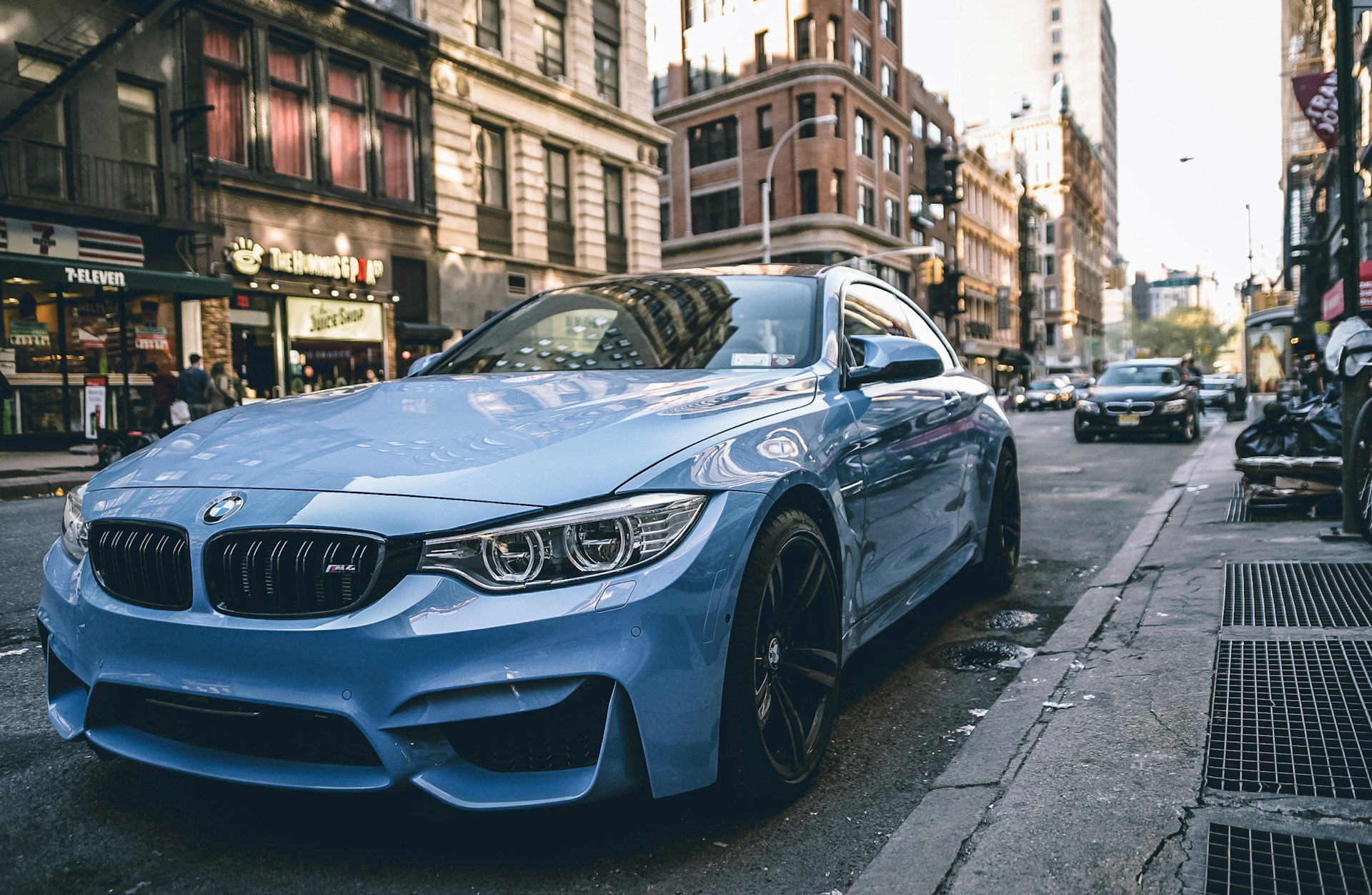
1. BMW
Founded: 1916Headquarters: Munich, Germany
Parent Company: BMW Group
BMW is one of the largest luxury automakers in the world, with significant production in Germany, the U.S., and China. Vehicles imported into the U.S. from abroad are subject to the new tariffs, potentially pushing up sticker prices for models like the 3 Series, 5 Series, and X5 that are not U.S.-assembled. Zan Lazarevic / Unsplash
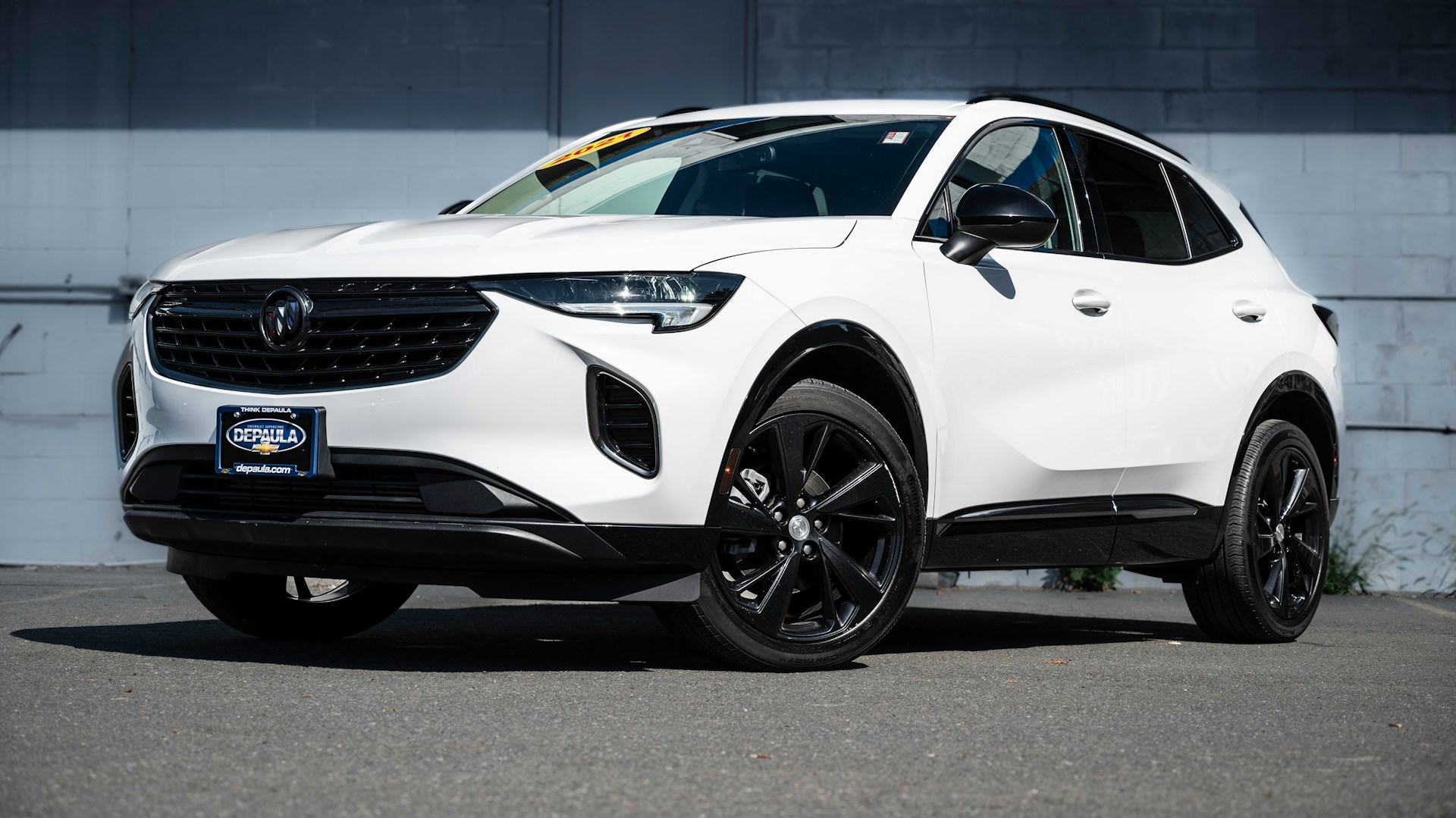
2. Buick
Founded: 1899Headquarters: Detroit, Michigan
Parent Company: General Motors
While Buick is an American nameplate, many of its models are manufactured in China. This makes the brand especially vulnerable to tariffs on Chinese imports. GM anticipates a $5 billion hit due to the new tariffs, some of which may affect Buick’s pricing strategy directly. J Z / Unsplash
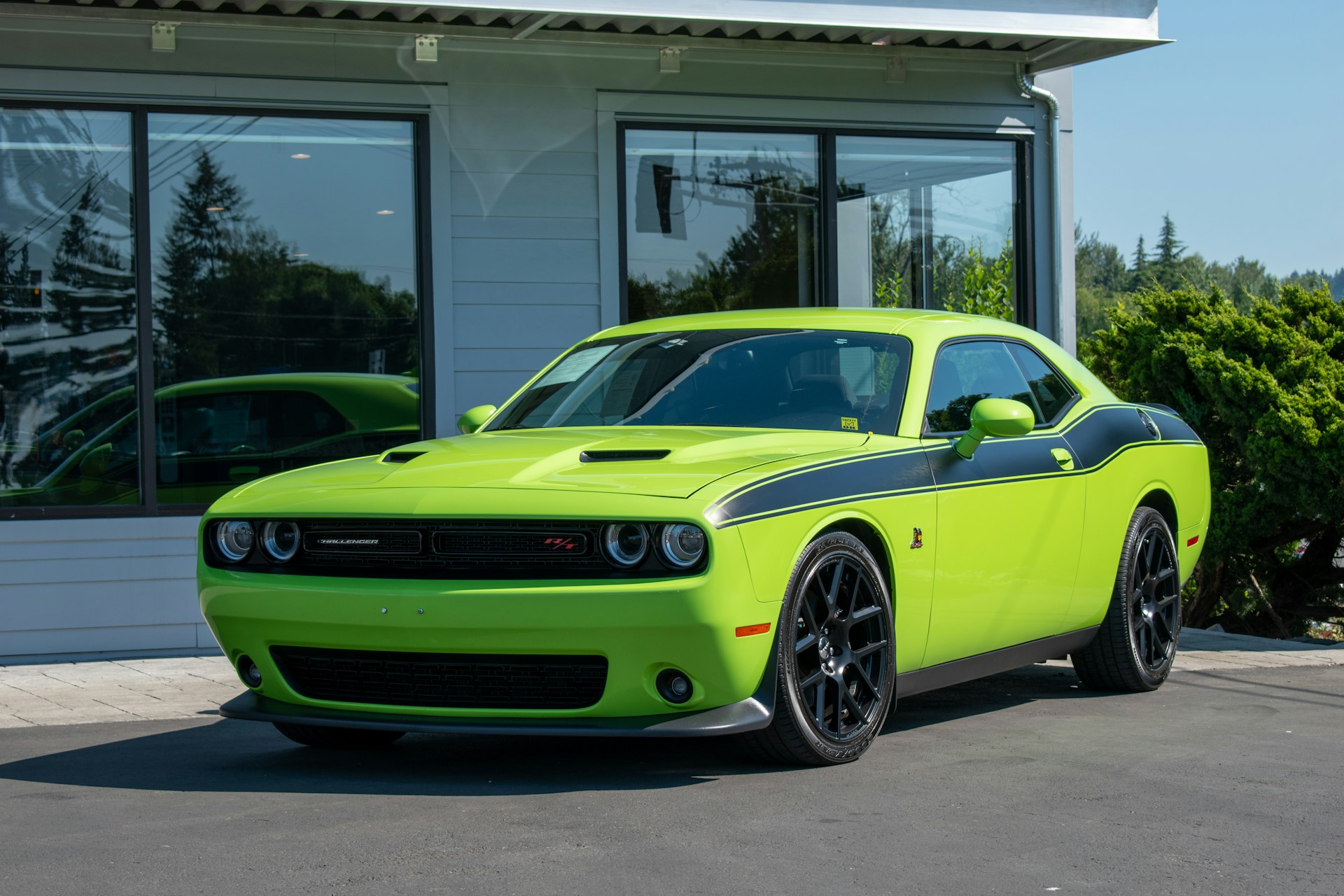
3. Dodge
Founded: 1900Headquarters: Auburn Hills, Michigan
Parent Company: Stellantis
Known for its muscle cars and SUVs, Dodge imports components from multiple countries, including Mexico. With a large portion of its parts and assembly linked to international facilities, Dodge models like the Charger and Durango could see noticeable price hikes. Doug Watanabe / Unsplash
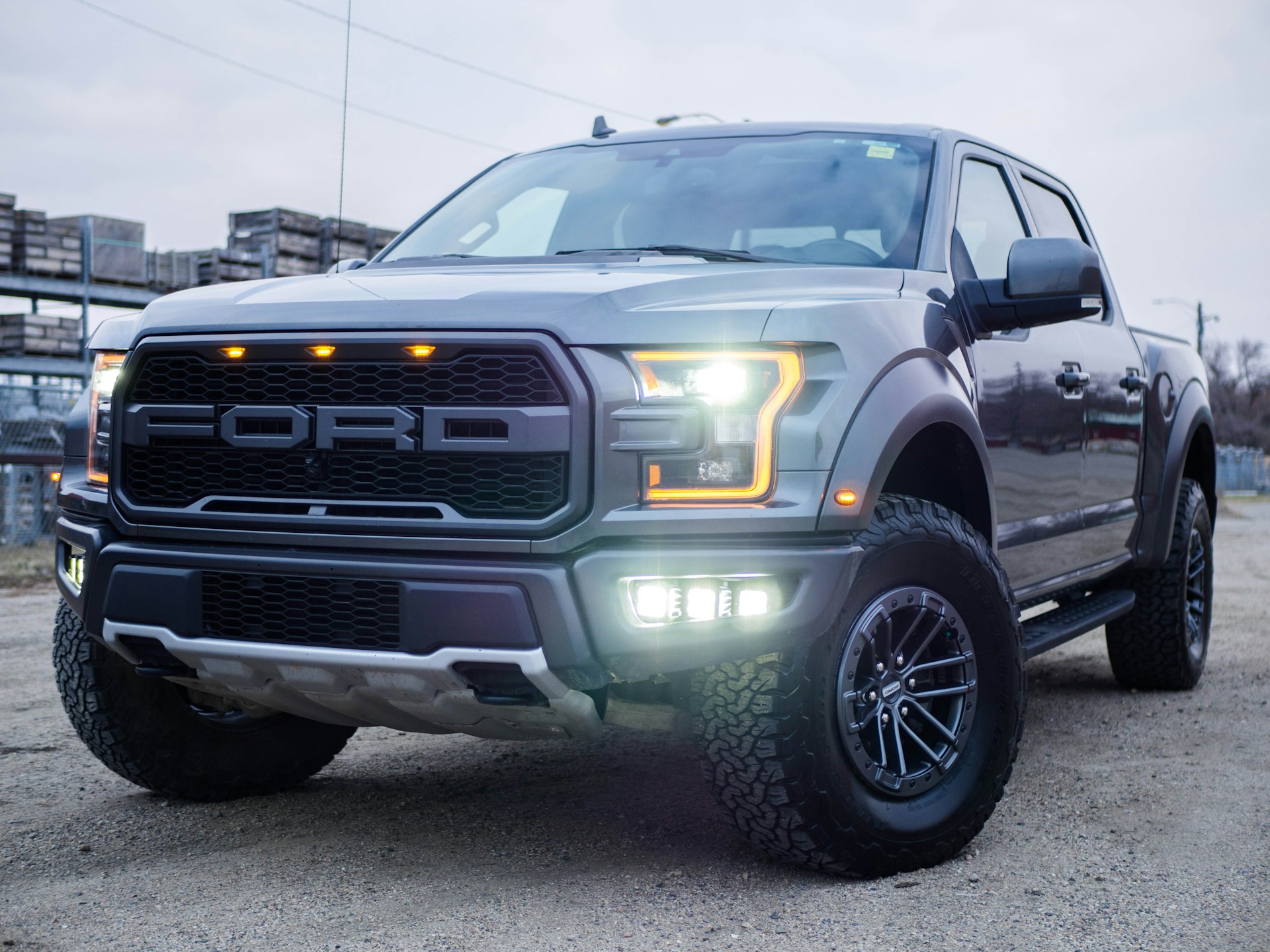
4. Ford
Founded: 1903Headquarters: Dearborn, Michigan
As one of the most iconic American automakers, Ford faces a projected $2.5 billion financial hit due to the tariffs. While Ford manufactures several models domestically, many are assembled abroad or use imported parts—meaning consumers may feel the squeeze on pricing across sedans, trucks, and SUVs. FourFour / Unsplash
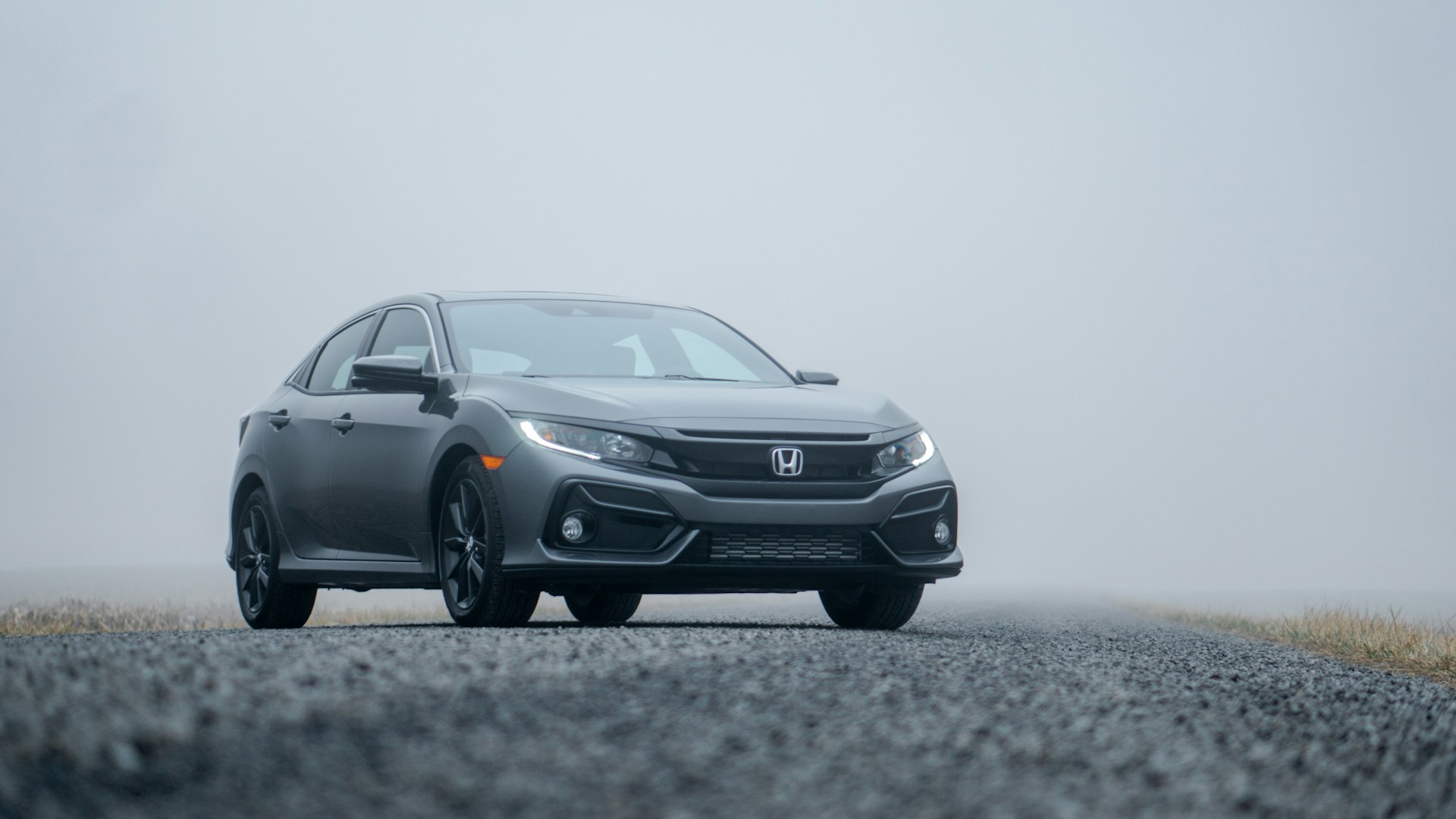
5. Honda
Founded: 1948Headquarters: Tokyo, Japan
Though Honda operates major manufacturing plants in the U.S., it also imports vehicles and components from Japan, Mexico, and other countries. Tariffs could affect models like the CR-V and Accord that are produced or partially sourced abroad. TopSphere Media / Unsplash

6. Jeep
Founded: 1941Headquarters: Toledo, Ohio
Parent Company: Stellantis
Jeep is manufactured domestically and abroad, with several popular models like the Renegade and Compass assembled in Mexico. These vehicles are particularly exposed to import tariffs, raising concerns about higher consumer costs for entry-level Jeep models. Thomas Zucker / Unsplash
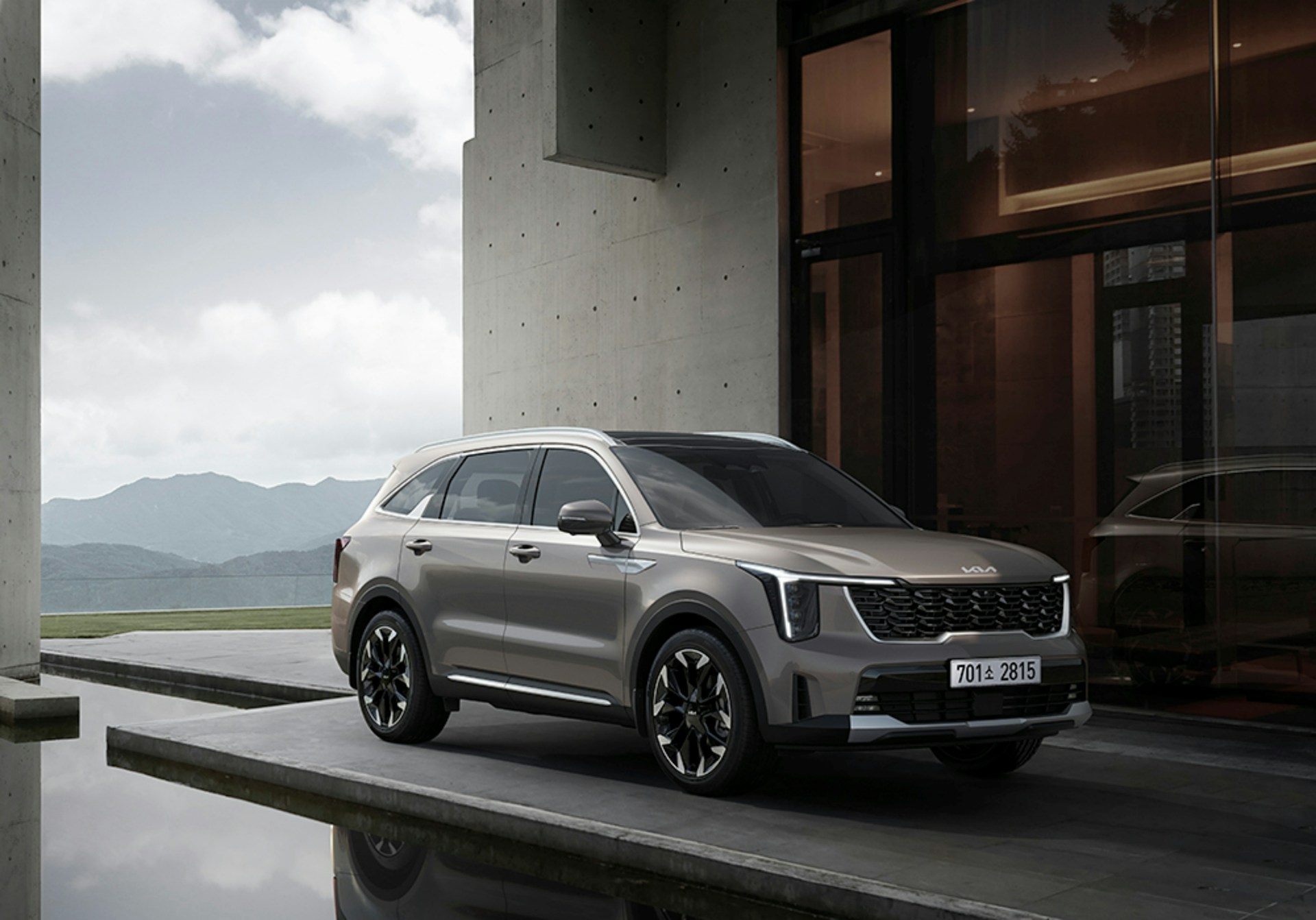
7. Kia
Founded: 1944Headquarters: Seoul, South Korea
Parent Company: Hyundai Motor Group
While Kia operates a major plant in Georgia, many of its models are still imported from Korea and Mexico. The Sportage and Forte, among others, may see rising prices due to the tariffs, depending on their country of origin. Hyundai Motor Group / Unsplash
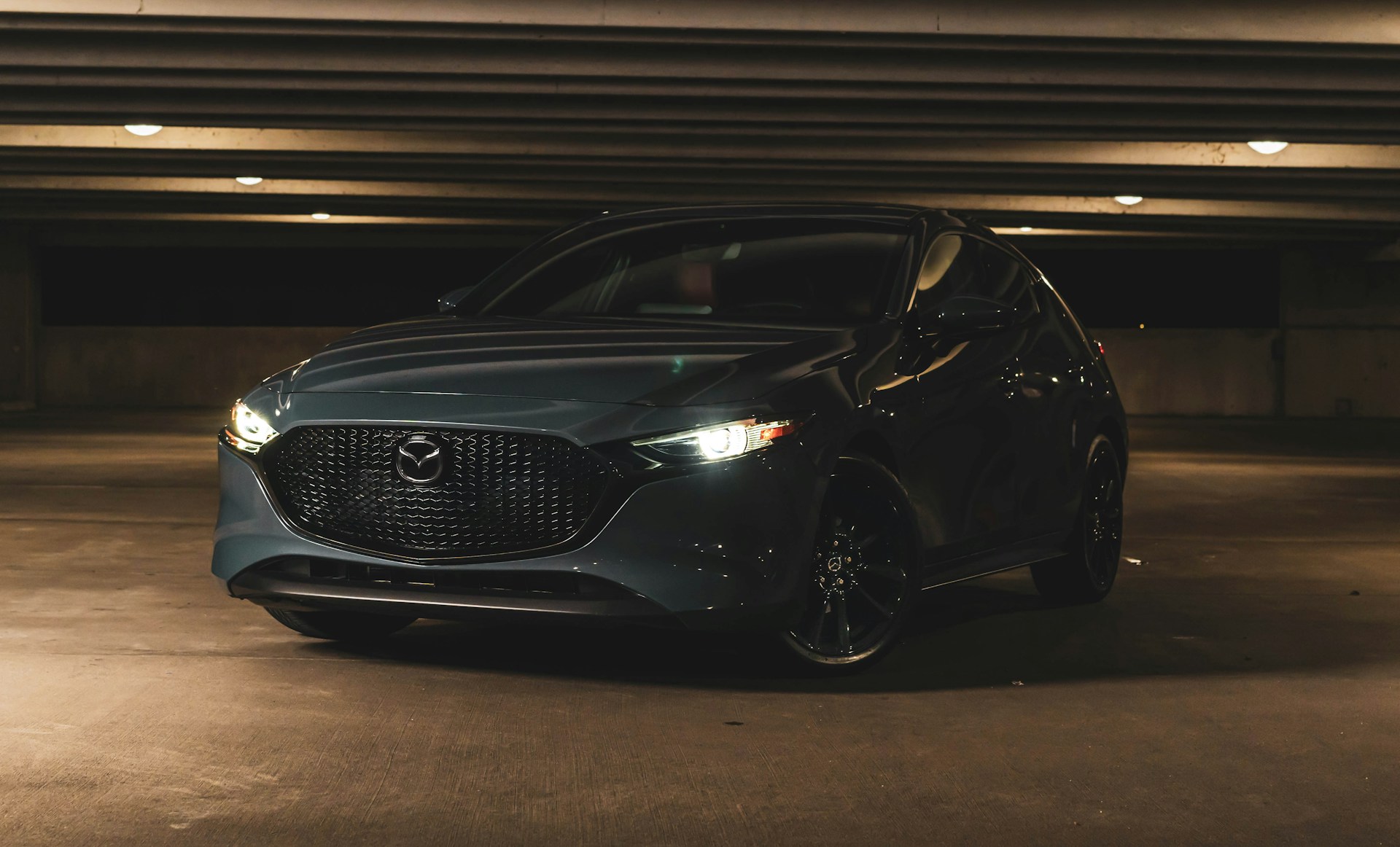
8. Mazda
Founded: 1920Headquarters: Hiroshima, Japan
Mazda has a relatively small footprint in U.S. manufacturing and relies heavily on imports. Tariffs on fully assembled vehicles and components could significantly impact models like the CX-5 and Mazda3—popular for their value-oriented pricing, which is now at risk. Austin Lowman / Unsplash
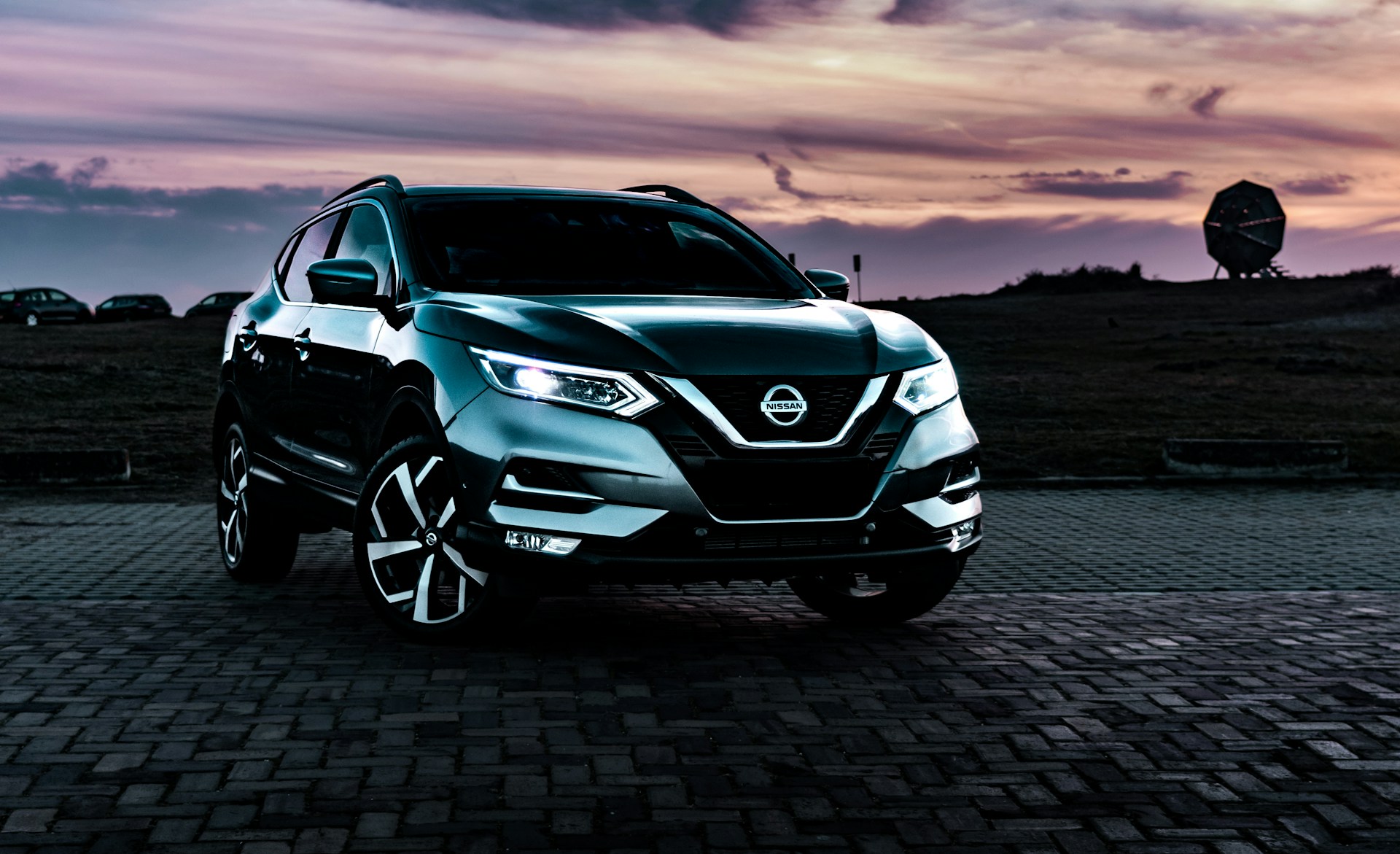
9. Nissan
Founded: 1933Headquarters: Yokohama, Japan
Nissan operates several U.S. manufacturing plants but also relies on overseas production for many models. Imports from Mexico and Japan could be subject to the full force of the tariffs, making cars like the Sentra and Rogue more expensive. Matthijs Waanders / Unsplash
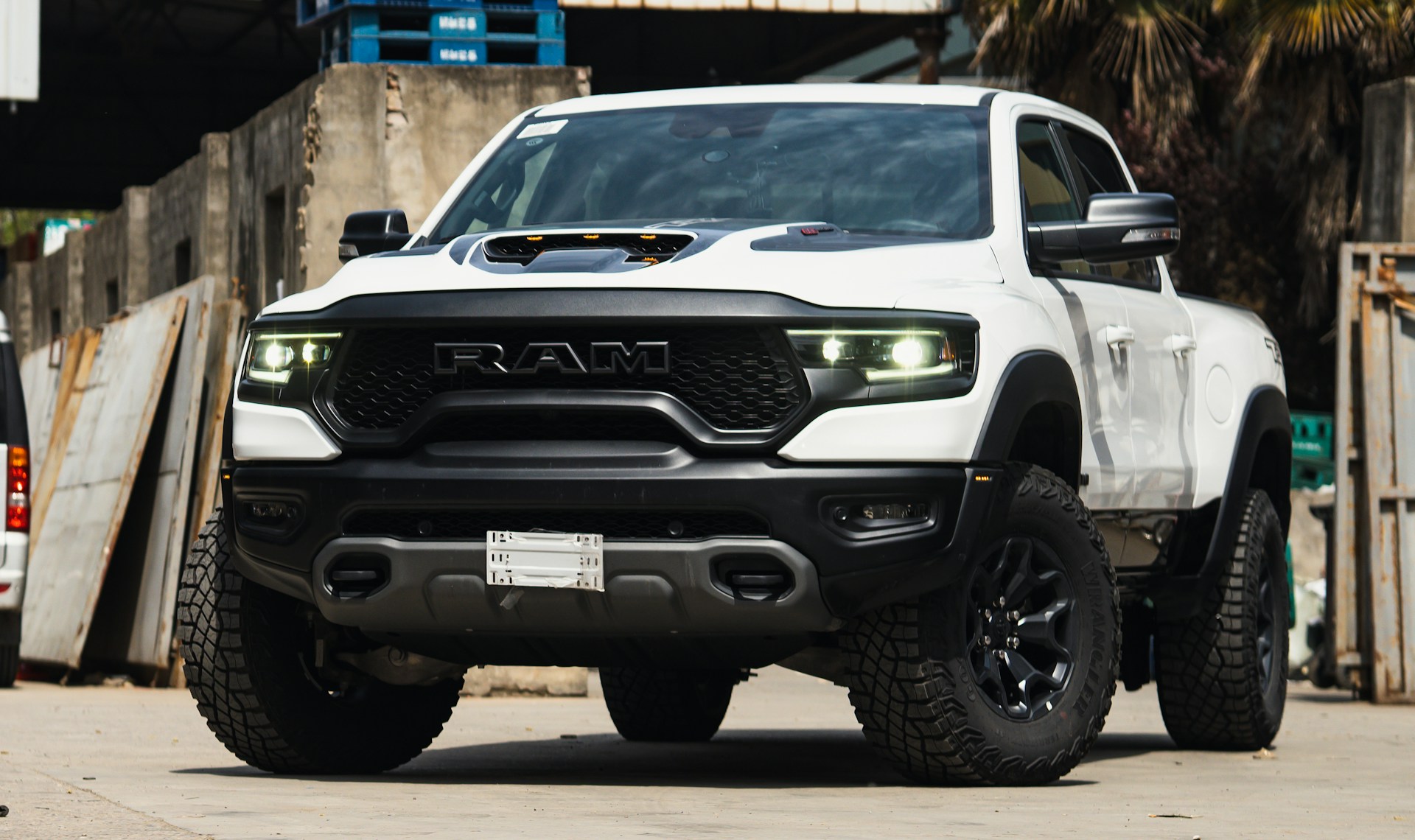
10. Ram
Founded: 2010 (as a standalone brand)Headquarters: Auburn Hills, Michigan
Parent Company: Stellantis
Ram trucks are a staple in the U.S., but the brand sources parts from Canada and Mexico. With new tariffs applied to both parts and finished vehicles, even domestically assembled pickups could be impacted indirectly through rising component costs. Eyosias G / Unsplash
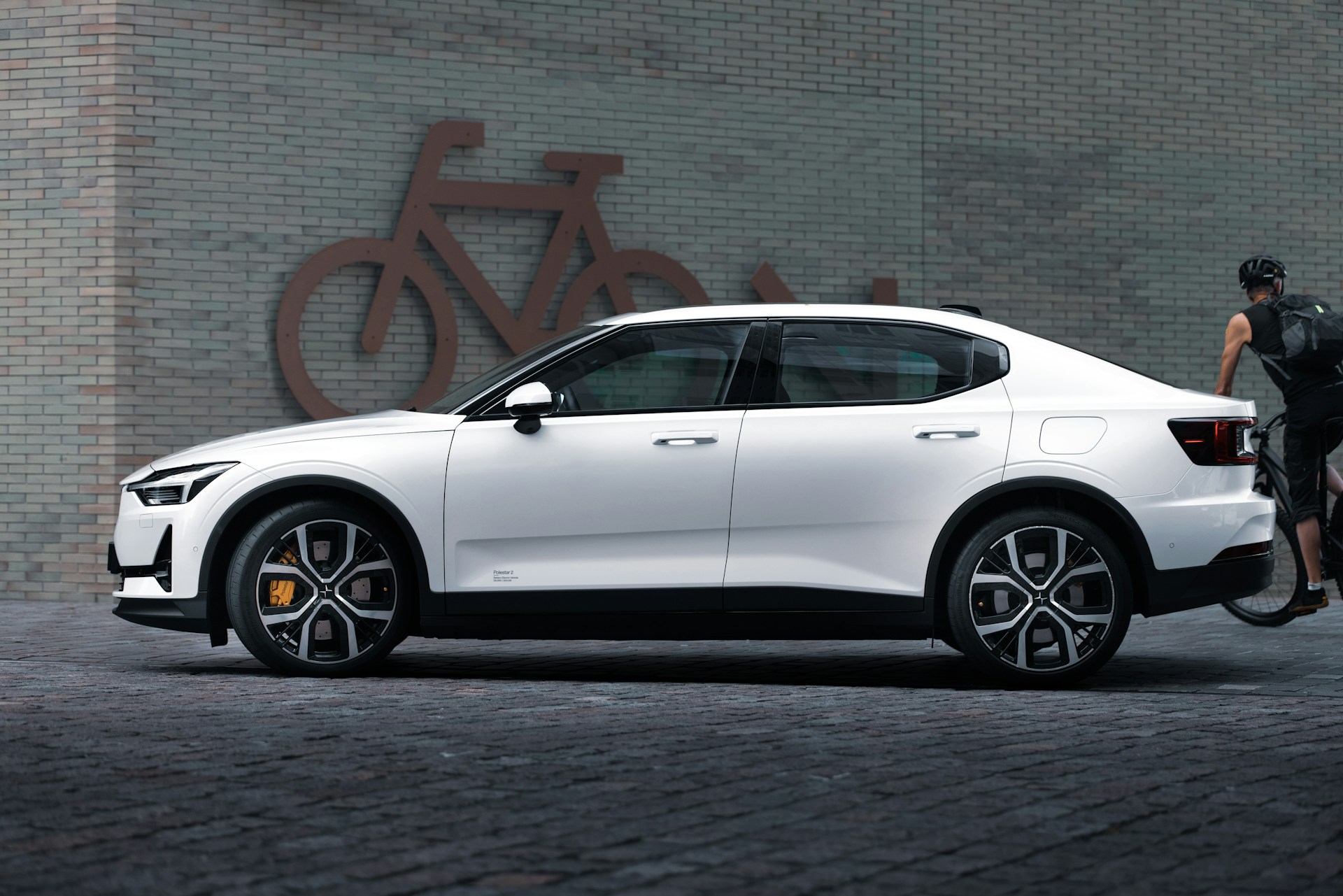
11. Polestar
Founded: 2017Headquarters: Gothenburg, Sweden
Parent Company: Geely (China) and Volvo Cars
Polestar is a luxury electric vehicle brand co-owned by Volvo and Chinese automaker Geely. Its vehicles are primarily assembled in China, making the brand one of the most vulnerable to the full 25% import tariff. Polestar’s pricing model could be severely disrupted. redcharlie / Unsplash
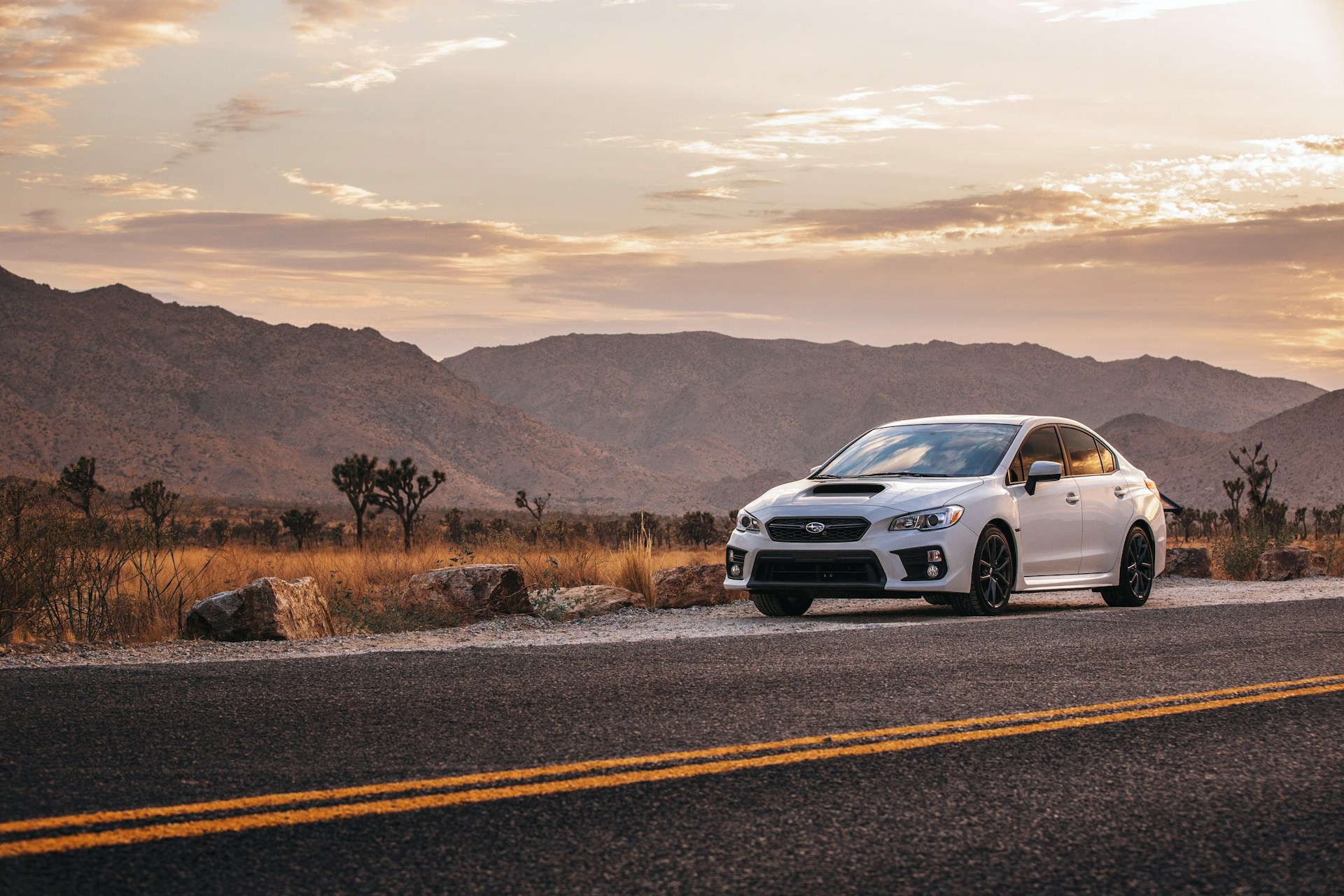
12. Subaru
Founded: 1953Headquarters: Tokyo, Japan
Parent Company: Subaru Corporation
Subaru produces many of its vehicles in Japan, including the Outback and Forester. Though it operates a plant in Indiana, tariffs on imported models and parts could still drive prices upward for its best-selling vehicles. John Michael Wilyat / Unsplash
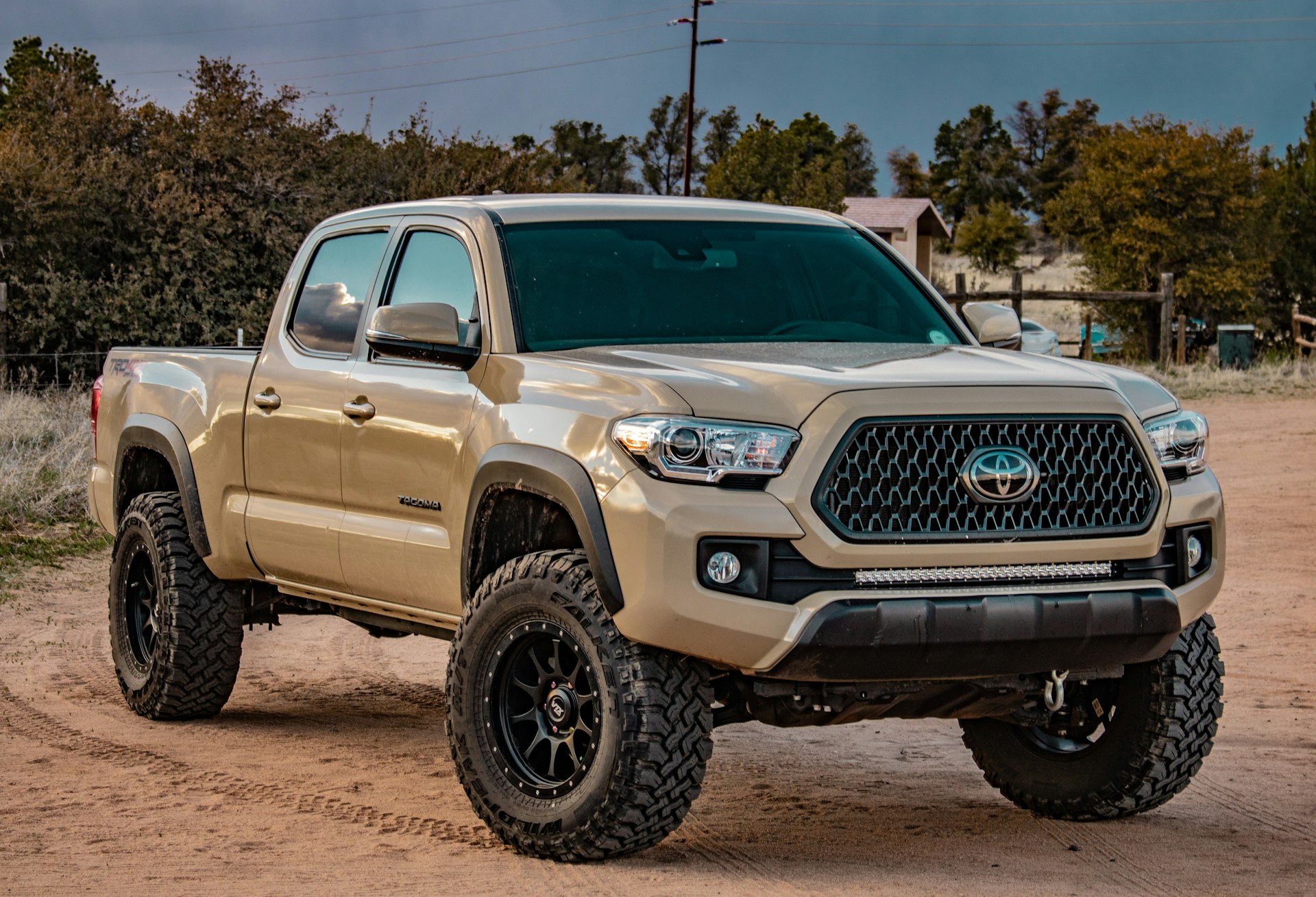
13. Toyota
Founded: 1937Headquarters: Toyota City, Japan
Toyota is the world’s largest automaker by volume and has significant U.S. manufacturing. However, it still imports many vehicles and components, particularly from Japan and Mexico. Price increases could hit models like the RAV4 and Corolla. Dusty Barnes / Unsplash

14. Volkswagen
Founded: 1937Headquarters: Wolfsburg, Germany
VW assembles some vehicles in Tennessee, but the majority of its lineup is imported from Europe, Mexico, and China. Tariffs could impact affordable offerings like the Jetta as well as higher-end models like the ID.4 EV. Charles Gaudreault / Unsplash
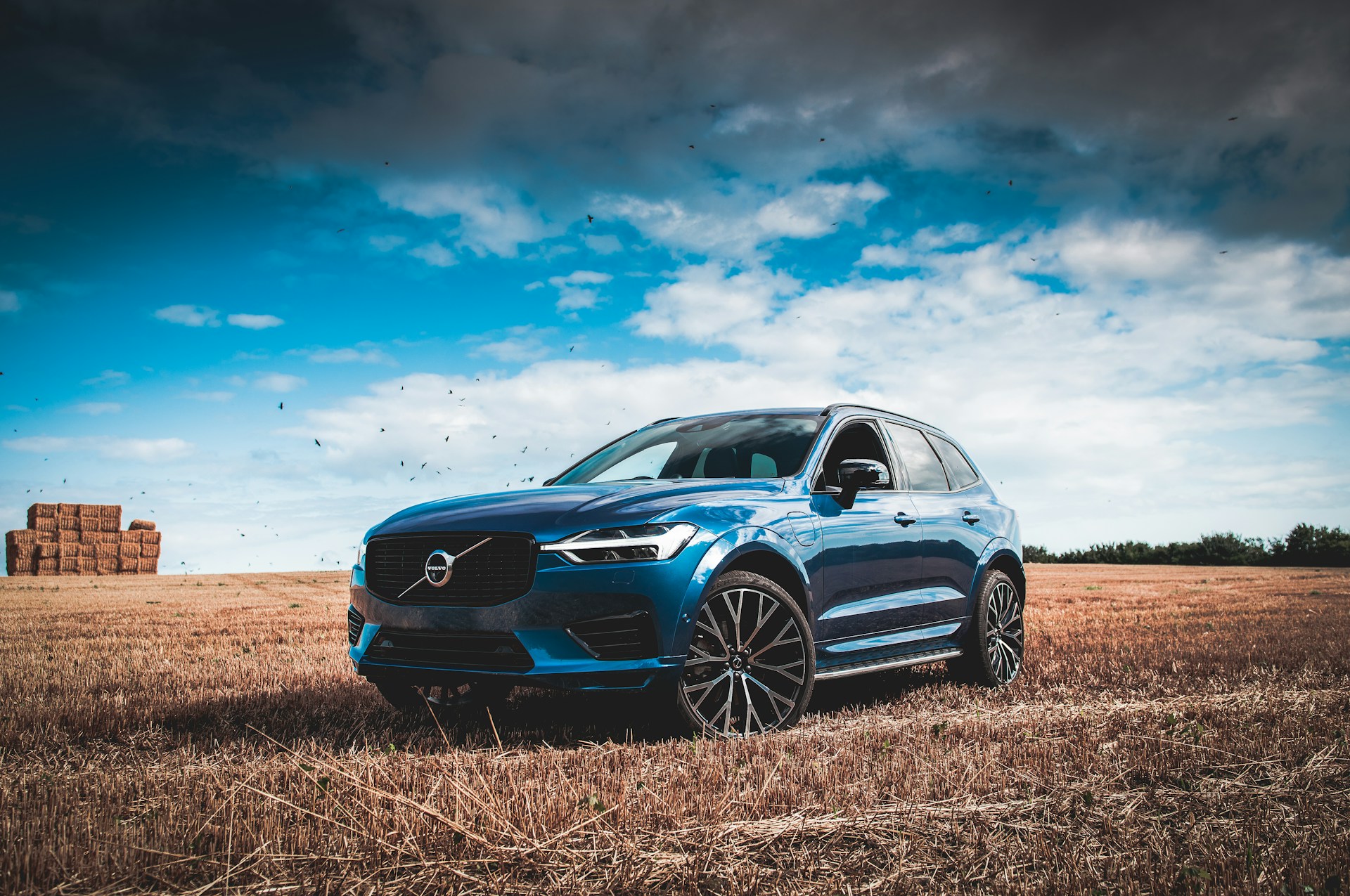
15. Volvo
Founded: 1927Headquarters: Gothenburg, Sweden
Parent Company: Geely (China)
Volvo, now owned by Chinese firm Geely, builds some models in the U.S., but many vehicles are still imported from Europe and China. As with Polestar, its Chinese-manufactured units face steep tariffs, threatening its competitive edge in the luxury and EV segments. Remy Lovesy / Unsplash
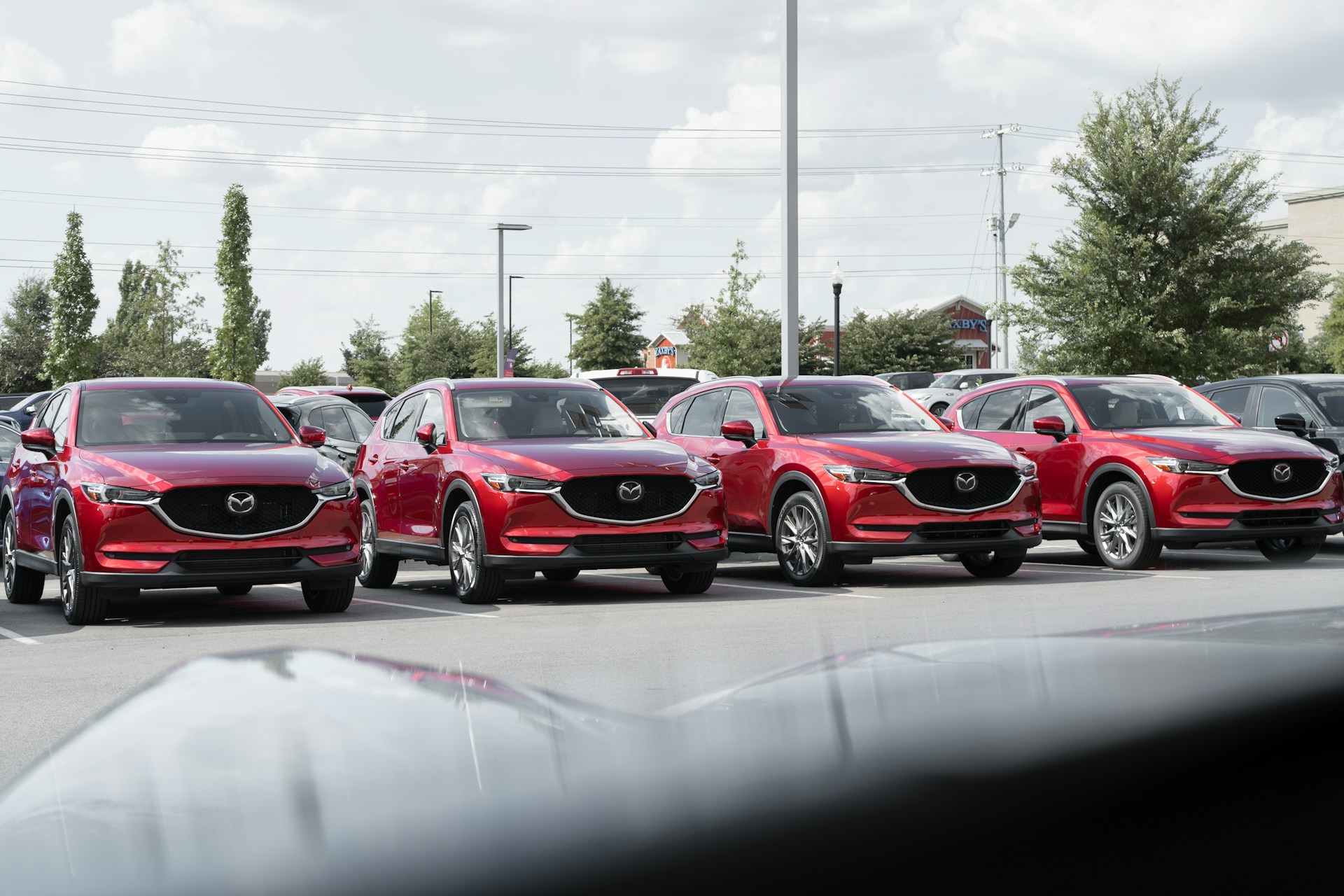
Tariffs Could Add $30B in Auto Costs, Reshape U.S. Car Market
Trump’s renewed tariffs represent a fundamental reshaping of the auto market, with wide-reaching consequences for manufacturers and buyers alike. According to AlixPartners, nearly $30 billion in additional costs could be pushed through the supply chain, with consumers shouldering the majority of the burden.“This tariff wall is not likely to last forever,” said Wakefield—but in the short term, the pressure is real. With electric vehicle incentives being rolled back and price-sensitive buyers steering toward cheaper gasoline models, the policy shift may not only raise costs but also reshape the future of automotive innovation in the U.S. Crosby Hinze / Unsplash